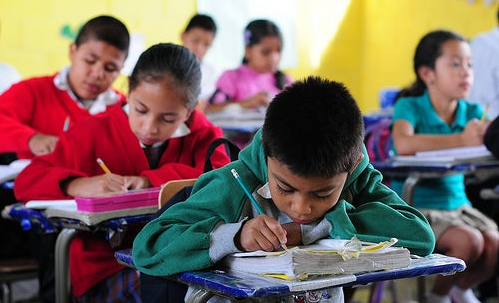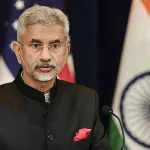In today’s contemporary scenario, quality education goes far beyond simply providing costly books and stationery. It encompasses a holistic approach to learning that nurtures critical thinking, creativity, problem-solving skills, and values-based education. Education is not merely a basic right but it is the constitutional provision of quality education which is a fundamental right and essential for individual growth and societal progress. In India, the Constitution and the New Educational Policy play pivotal roles in guaranteeing and promoting quality education for all.
The Indian Constitution, as the guiding light of the nation, recognizes the importance of education as a fundamental right for all citizens. Article 21-A of the Constitution mandates the state to provide free and compulsory education for children between the ages of 6 and 14. This provision underscores the government’s commitment to ensuring that every child has access to quality education, irrespective of their socio-economic background.
The recently introduced New Educational Policy (NEP) further reinforces the commitment to quality education by emphasizing a shift towards a more holistic and multidisciplinary approach to learning. The NEP focuses on fostering critical thinking, creativity, and problem-solving skills among students, thereby preparing them for the challenges of the 21st century. It recognizes the need to move away from rote learning and encourage experiential learning that enhances understanding and retention.
Quality education is not synonymous with expensive textbooks and fancy stationery which is wrongly propagated as the basic criteria for educational excellence. Rather, it is about creating an inclusive and conducive learning environment that caters to the diverse needs of students. It is about promoting innovative teaching methods, incorporating technology in education, and providing opportunities for practical hands-on learning experiences.
Prescribing costly books and stationery can often create barriers to accessing education for those from disadvantaged backgrounds. Quality education should be accessible to all, regardless of their financial status. By focusing on the quality of teaching, the relevance of the curriculum, and the inclusivity of the learning environment, we can ensure that every child receives an education that empowers them to reach their full potential.
Beyond the tangible resources, quality education also entails instilling values such as empathy, respect, tolerance, and integrity in students. It is about promoting a culture of lifelong learning, curiosity, and open-mindedness. These intangible qualities are as crucial as academic knowledge in shaping well-rounded individuals who can contribute meaningfully to society.
To achieve true quality education, it is essential to invest in teacher training, infrastructure development, curriculum reform, and assessment mechanisms. Teachers play a pivotal role in shaping the educational experience of students and must be equipped with the necessary skills and resources to facilitate effective learning.
Infrastructure development is also crucial in ensuring that students have access to well-equipped classrooms, libraries, laboratories, and extracurricular facilities. A conducive learning environment that fosters creativity, collaboration, and critical thinking is essential for nurturing the next generation of leaders and problem solvers.
Curriculum reform is necessary to ensure that education remains relevant to the evolving needs of society. The NEP’s emphasis on interdisciplinary learning, vocational training, and life skills education is a step in the right direction towards a more comprehensive and inclusive education system. NEP transcends the traditional boundaries of classroom, extensive text books and costly stationery items. It aims at producing moderate global citizens having a quality educational experience.
Assessment mechanisms should focus on evaluating not just memorization but also understanding, application, and creativity. Assessment practices should be designed to encourage student engagement, critical thinking, and continuous improvement rather than promoting rote learning and cramming.
Quality education in the contemporary scenario must transcend the barriers of costly books and stationery. It is about creating an inclusive, engaging, and values-based learning environment that empowers students to become lifelong learners and responsible citizens. The Indian Constitution and the New Educational Policy lay the foundation for ensuring quality education as a fundamental right for all, and it is our collective responsibility to uphold this commitment and provide every child with the opportunity to receive a quality education that equips them for success in an ever-changing world.
(Author is a Freelance writer, columnist and academician. He can be reached at: [email protected])








